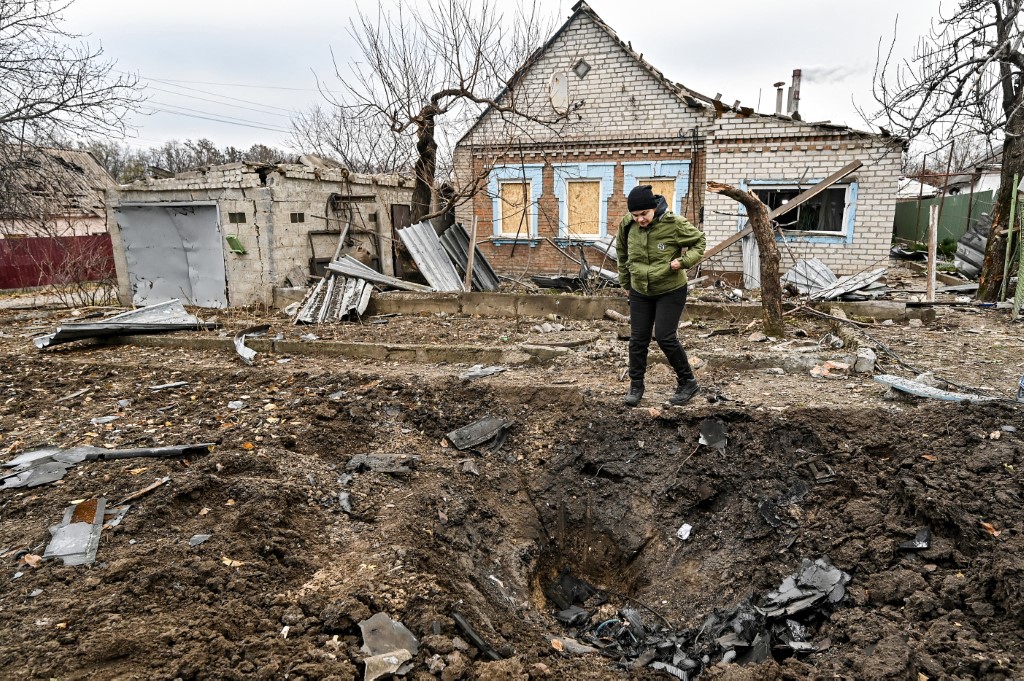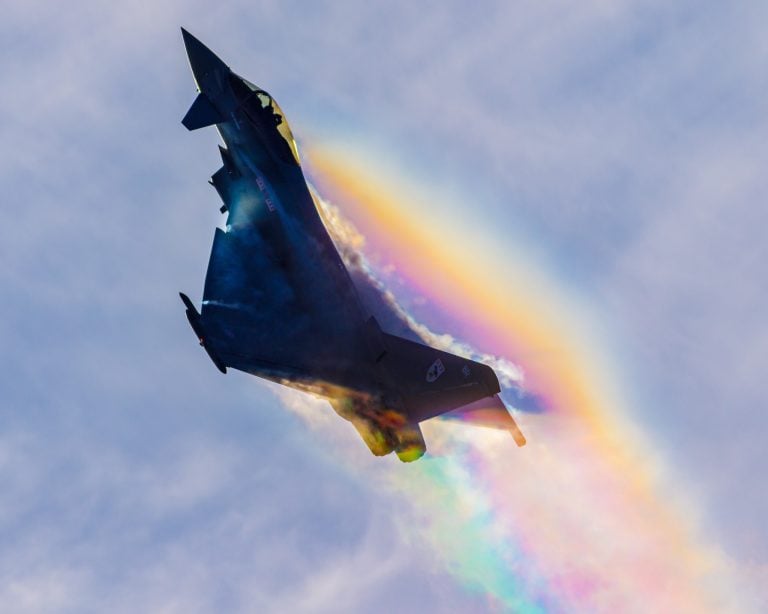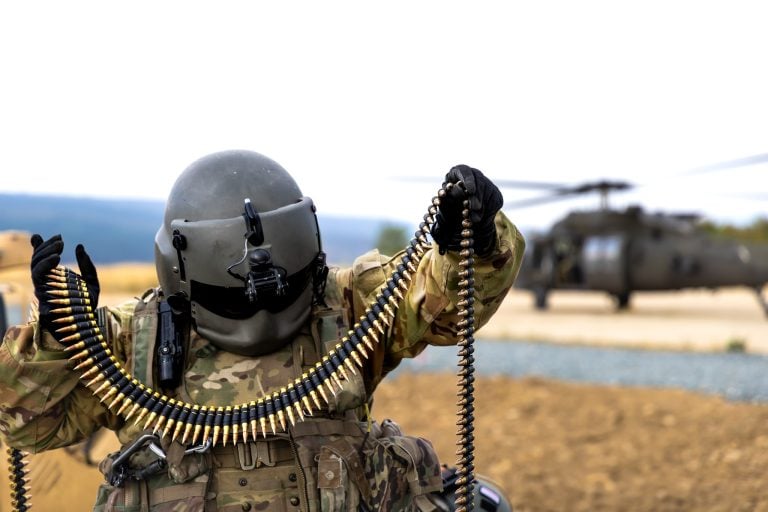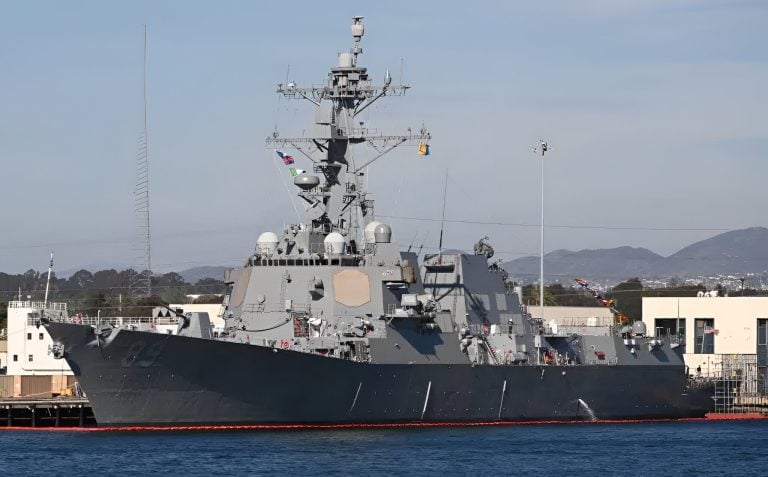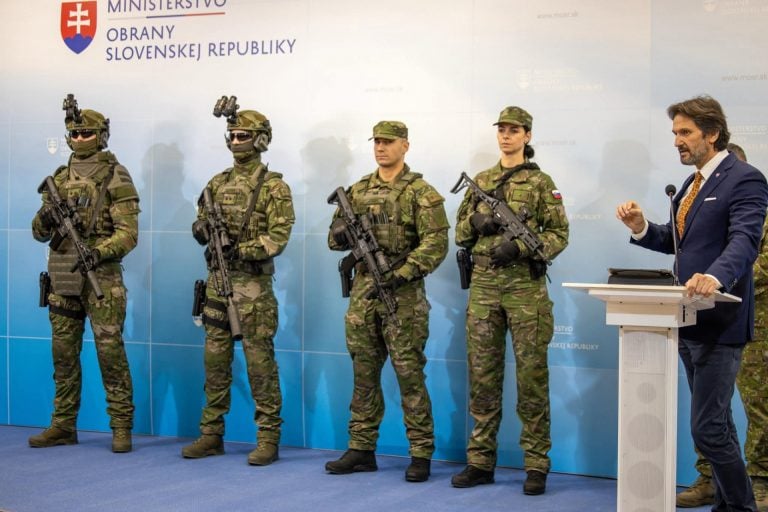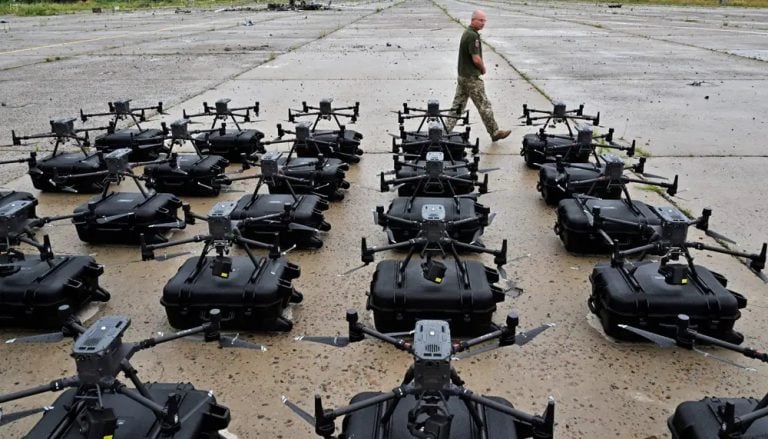President Volodymyr Zelensky has raised alarms regarding an escalation in aerial bombardments from Moscow after a significant missile and drone assault struck Ukraine overnight, resulting in the deaths of two individuals and injuring at least seven more. Zelensky underscored that the intensification of Russian air strikes indicates that the global pressures on Russia remain inadequate.
In a rare cross-border operation, Russian forces claimed to have captured the village of Basivka in Ukraine’s Sumy region, marking a noteworthy advance. This offensive was characterized by a massive nationwide strike involving ballistic missiles, cruise missiles, and drones, as reported by Ukrainian officials. First Deputy Prime Minister Yulia Svyrydenko highlighted the scale of the attack, which saw extensive damage across multiple regions, including the capital city of Kyiv.
Reports from Kyiv on Sunday confirmed that explosions echoed throughout the city with residents witnessing thick plumes of smoke rising in the early hours. Tymur Tkachenko, head of the city’s military administration, reported preliminary fatalities, including one individual killed and three others wounded, two of whom required hospitalization. City Mayor Vitali Klitschko further noted that the body of a man, who had been outside near the locus of the attack in Darnytsia district, had been discovered.
The missile strikes caused partial destruction of a building used by state foreign-language broadcasters, leading to significant damage to the Russian-language Freedom television channel’s newsroom. Emergency services were activated as fires broke out across Kyiv, damaging several non-residential structures, including a multi-story business center and warehouses. In the surrounding Kyiv region, one man sustained injuries from a fire ignited by an attack.
The Ukrainian air force confirmed that Russia’s overnight campaign involved 23 cruise and ballistic missiles as well as 109 drones, affecting six regions. The air force successfully intercepted 13 missiles and 40 drones, while 54 others failed to yield any damage. The southern Kherson region reported the death of a 59-year-old man due to a drone strike, while the northeastern Kharkiv region also experienced injuries related to an attack using guided aerial bombs.
Zelensky disclosed that over the past week, Russia had unleashed more than 1,460 guided bombs, approximately 670 attack drones, and over 30 various missiles upon Ukraine.
Regarding the cross-border advancements, Russia’s defense ministry announced the liberation of Basivka, close to its Kursk region. This marks only the second instance since the onset of the conflict in 2022 that Moscow has claimed such an advance into Ukrainian territory. Previously, Russia reported the capture of another village in Sumy in early March, though Ukraine denied these claims, maintaining that its forces were effectively neutralizing small Russian units attempting to breach the border.
These aggressive maneuvers followed a particularly deadly missile strike on the central Ukrainian city of Kryvyi Rih, which occurred two days earlier and resulted in the tragic loss of 18 lives, including nine children. The UN’s high commissioner for human rights, Volker Turk, condemned Russia’s actions as a “reckless disregard” for civilian life, particularly in the use of explosive weapons causing widespread destruction.
In a separate context, diplomatic communications between the US and Russia are reportedly scheduled to advance as US President Trump aims for a partial ceasefire agreement. However, efforts to mediate a mutually acceptable settlement have yet to yield results. Kremlin envoy Kirill Dmitriev indicated that high-level discussions between US and Russian representatives could take place as early as next week.
Zelensky recently expressed optimism following discussions with military leaders from the UK and France regarding a potential “reassurance” force to support Ukraine, contingent on any forthcoming agreement to end hostilities. This initiative represents a collaborative European endeavor to solidify a unified strategy, especially as Trump’s administration has sought direct engagements with the Kremlin that have sidelined broader European diplomatic efforts. The Ukrainian president’s social media post confirmed that this meeting with British and French military chiefs yielded initial consensus on how to deploy partner security contingents.
